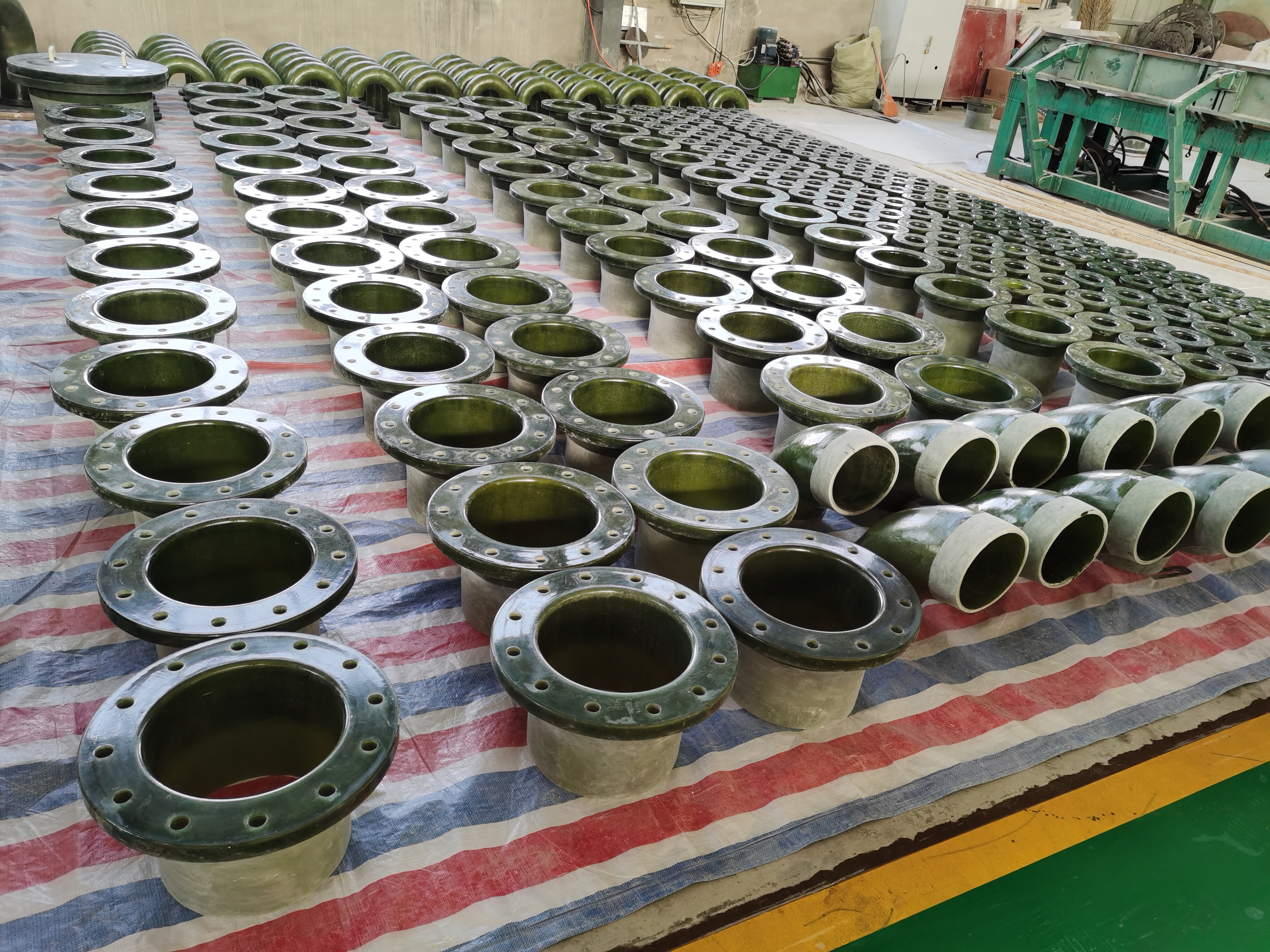
-
 Afrikaans
Afrikaans -
 Albanian
Albanian -
 Amharic
Amharic -
 Arabic
Arabic -
 Armenian
Armenian -
 Azerbaijani
Azerbaijani -
 Basque
Basque -
 Belarusian
Belarusian -
 Bengali
Bengali -
 Bosnian
Bosnian -
 Bulgarian
Bulgarian -
 Catalan
Catalan -
 Cebuano
Cebuano -
 China
China -
 China (Taiwan)
China (Taiwan) -
 Corsican
Corsican -
 Croatian
Croatian -
 Czech
Czech -
 Danish
Danish -
 Dutch
Dutch -
 English
English -
 Esperanto
Esperanto -
 Estonian
Estonian -
 Finnish
Finnish -
 French
French -
 Frisian
Frisian -
 Galician
Galician -
 Georgian
Georgian -
 German
German -
 Greek
Greek -
 Gujarati
Gujarati -
 Haitian Creole
Haitian Creole -
 hausa
hausa -
 hawaiian
hawaiian -
 Hebrew
Hebrew -
 Hindi
Hindi -
 Miao
Miao -
 Hungarian
Hungarian -
 Icelandic
Icelandic -
 igbo
igbo -
 Indonesian
Indonesian -
 irish
irish -
 Italian
Italian -
 Japanese
Japanese -
 Javanese
Javanese -
 Kannada
Kannada -
 kazakh
kazakh -
 Khmer
Khmer -
 Rwandese
Rwandese -
 Korean
Korean -
 Kurdish
Kurdish -
 Kyrgyz
Kyrgyz -
 Lao
Lao -
 Latin
Latin -
 Latvian
Latvian -
 Lithuanian
Lithuanian -
 Luxembourgish
Luxembourgish -
 Macedonian
Macedonian -
 Malgashi
Malgashi -
 Malay
Malay -
 Malayalam
Malayalam -
 Maltese
Maltese -
 Maori
Maori -
 Marathi
Marathi -
 Mongolian
Mongolian -
 Myanmar
Myanmar -
 Nepali
Nepali -
 Norwegian
Norwegian -
 Norwegian
Norwegian -
 Occitan
Occitan -
 Pashto
Pashto -
 Persian
Persian -
 Polish
Polish -
 Portuguese
Portuguese -
 Punjabi
Punjabi -
 Romanian
Romanian -
 Russian
Russian -
 Samoan
Samoan -
 Scottish Gaelic
Scottish Gaelic -
 Serbian
Serbian -
 Sesotho
Sesotho -
 Shona
Shona -
 Sindhi
Sindhi -
 Sinhala
Sinhala -
 Slovak
Slovak -
 Slovenian
Slovenian -
 Somali
Somali -
 Spanish
Spanish -
 Sundanese
Sundanese -
 Swahili
Swahili -
 Swedish
Swedish -
 Tagalog
Tagalog -
 Tajik
Tajik -
 Tamil
Tamil -
 Tatar
Tatar -
 Telugu
Telugu -
 Thai
Thai -
 Turkish
Turkish -
 Turkmen
Turkmen -
 Ukrainian
Ukrainian -
 Urdu
Urdu -
 Uighur
Uighur -
 Uzbek
Uzbek -
 Vietnamese
Vietnamese -
 Welsh
Welsh -
 Bantu
Bantu -
 Yiddish
Yiddish -
 Yoruba
Yoruba -
 Zulu
Zulu
frp rectangular tube
Understanding FRP Rectangular Tubes Their Benefits and Applications
Fiber Reinforced Polymer (FRP) is an advanced composite material that has garnered significant attention in various industries due to its unique properties and versatility. Among the various shapes that FRP can be molded into, the rectangular tube is one of the most popular and functional forms. This article aims to delve into the characteristics, advantages, and applications of FRP rectangular tubes, illustrating why they are becoming a preferred choice in modern engineering.
What Are FRP Rectangular Tubes?
FRP rectangular tubes are hollow sections made from a polymer matrix reinforced with fibers, typically glass or carbon. The rectangular shape provides structural benefits, making these tubes ideal for a wide array of applications. The manufacturing process usually involves pultrusion or filament winding, techniques that ensure high dimensional accuracy and consistency.
Key Advantages
1. High Strength-to-Weight Ratio One of the most prominent features of FRP rectangular tubes is their exceptional strength-to-weight ratio. This characteristic allows for the construction of robust structures without the added weight that traditional materials like steel or aluminum would impose. Thus, they are particularly advantageous in applications where weight savings are critical.
2. Corrosion Resistance Unlike metals, which may rust and degrade over time when exposed to moisture, chemicals, or salt, FRP materials possess inherent resistance to corrosion. This makes FRP rectangular tubes an ideal choice for applications in harsh environments, such as chemical processing plants or marine structures.
3. Design Flexibility FRP rectangular tubes can be manufactured in various sizes, lengths, and wall thicknesses, allowing for customized solutions tailored to specific project requirements. This flexibility makes them suitable for both standard applications and more specialized projects.
4. Thermal and Electrical Insulation FRP naturally exhibits thermal insulation properties, making it a suitable material for applications requiring thermal resistance. Additionally, it is a poor conductor of electricity, offering safety advantages in electrical applications.
5. Durability FRP materials are highly resistant to impact and fatigue, leading to a longer service life compared to traditional materials. This durability reduces maintenance costs and downtime, which is especially beneficial in commercial construction and industrial applications.
frp rectangular tube

Applications of FRP Rectangular Tubes
The versatility of FRP rectangular tubes translates into a myriad of applications across various sectors
1. Construction and Infrastructure In the construction industry, FRP rectangular tubes are often used for structural supports, beams, and columns. Their lightweight nature allows for easier handling and installation, making them an attractive option for modern architectural designs.
2. Transportation In the transportation sector, these tubes find applications in the manufacture of lightweight vehicle components, such as frames and supports, which contribute to fuel efficiency and performance.
3. Marine Applications Due to their resistance to degradation in saltwater environments, FRP rectangular tubes are widely used in the construction of boats, docks, and other marine infrastructures.
4. Electrical Systems Their insulating properties make them ideal for use in electrical applications, such as transmission towers and control panels, where non-conductive materials are essential.
5. Sports and Recreation In the sporting goods industry, FRP rectangular tubes are used in manufacturing items such as bicycle frames, scaffolding for sports facilities, and even playground equipment, benefitting from their strength and lightweight characteristics.
Conclusion
FRP rectangular tubes represent a significant advancement in material science, combining strength, durability, and versatility in a lightweight package. Their unique properties enable their use in a wide range of applications, from construction to transportation, ensuring they meet the evolving needs of modern engineering and design. As industries continue to prioritize sustainability and efficiency, FRP rectangular tubes are poised to play an increasingly important role in the future of construction and manufacturing.









